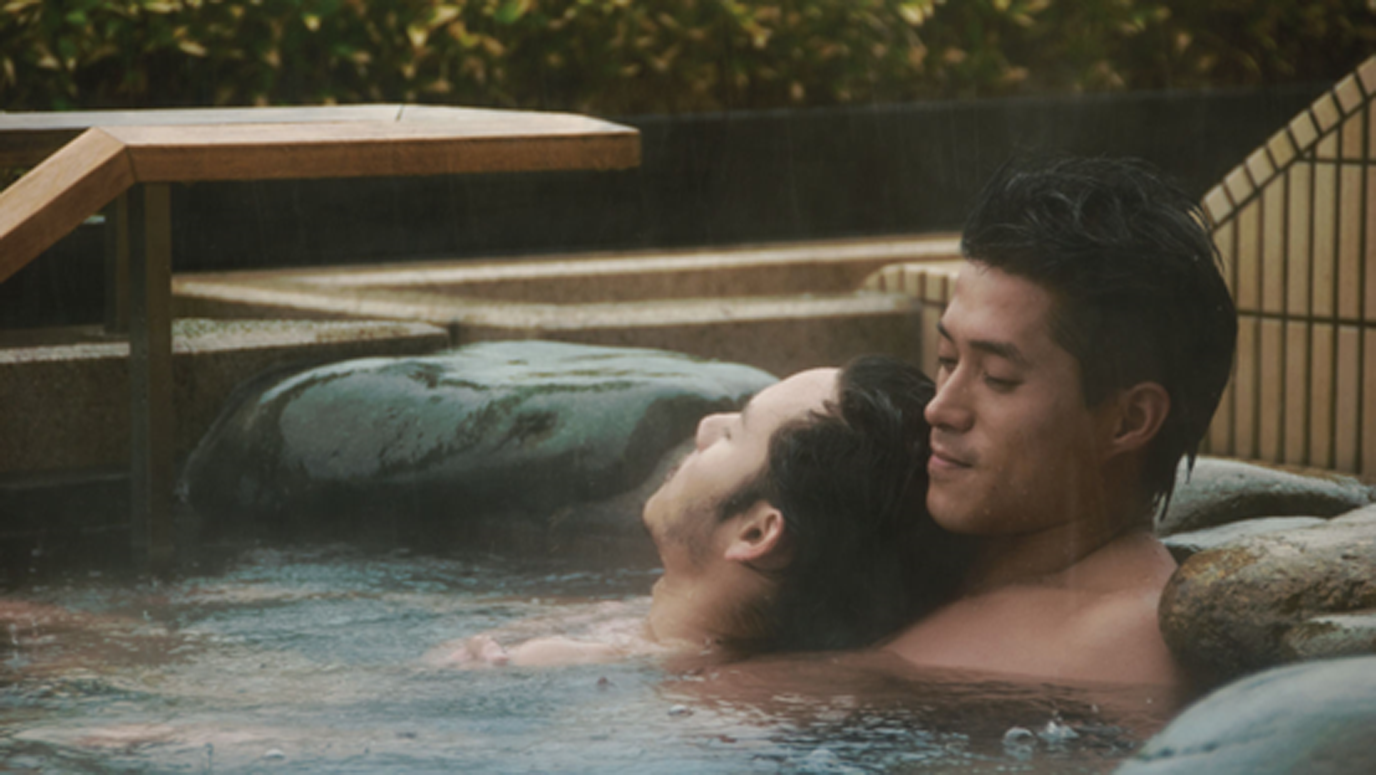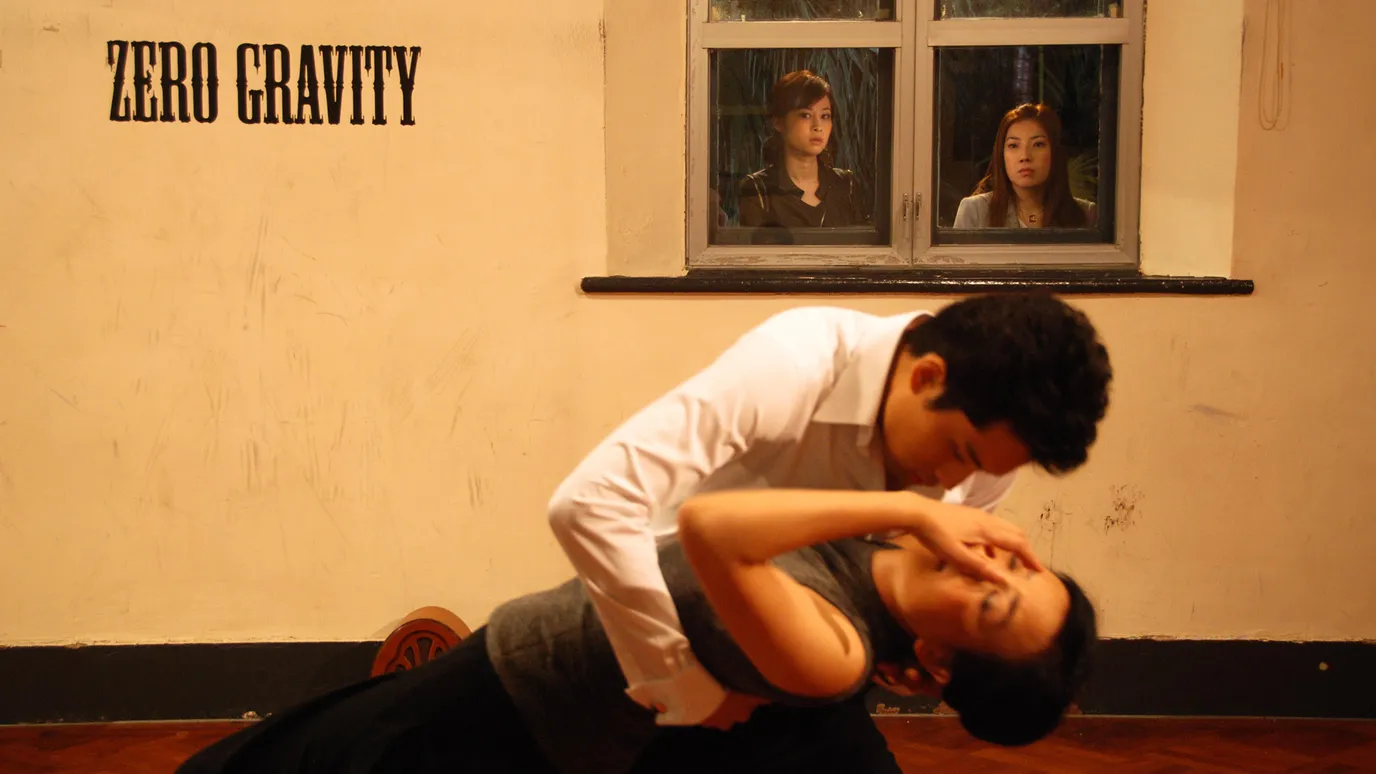
The horny ghost of a young man traverses the globe, stalking and debating with his past lovers.
Scud is interested in the overlap between tradition and modernity, and the ways of spirituality vis-à-vis technology. He uses clips from his previous works, mainly Thirty Years of Adonis (2017), to blur the ever-so-fragile line between documentary and fiction, the actors and their roles. The characters, ghostly and living alike, carry their stories and in them, we hear powerful statements about the lingering effects of personal, social and political trauma.
Bodyshop is a work of subversion that takes scenes of uninhibited sex and musical interludes as its tools to dare us to think the unthinkable. It doesn’t shy away from suicide, violence or love expressed cannibalistically, calling out issues from the spheres of intimate relations to politics at large. Scud conjures a type of cinema that intermingles Pier Paolo Pasolini, Peter Greenaway and John Waters.
On the one hand, Bodyshop is defiantly offhand and proudly camp at its narrative core. On the other, the film is as slick as a TV commercial, thanks to an unmistakably digital sheen and a syrupy soundtrack.


